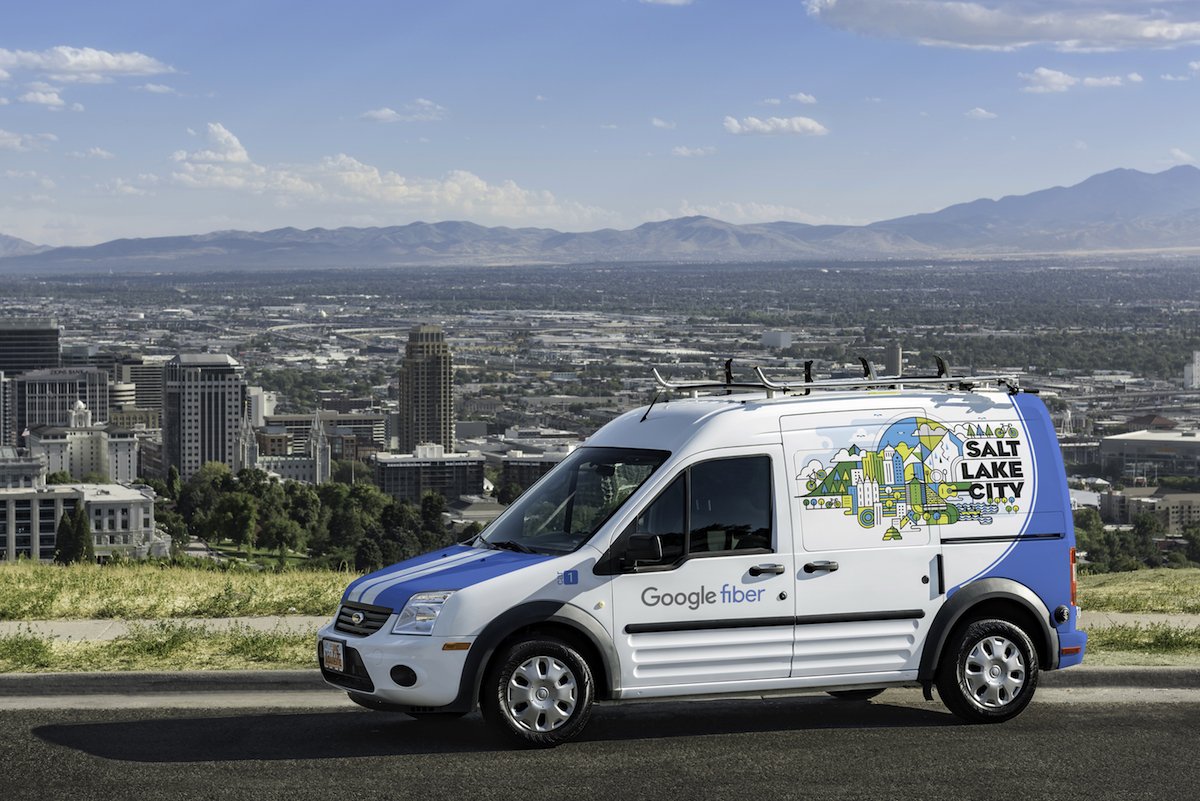Affiliate links on Android Authority may earn us a commission. Learn more.
AT&T claims Google’s incorrect info delays Fiber rollout
Published onAugust 26, 2016

Google’s plan to roll out its fiber network has faced some obstacles, mainly in the name of AT&T. The latest feud takes us down south where Joelle Phillips, the president of AT&T Tennessee, explains why the company sometimes delays the Google Fiber rollout.
In an interview with FierceTelecom Phillips took a moment to articulate how these delays aren’t really on AT&T’s shoulders, saying that Google often provides incorrect information.
I am seeing… errors in [engineering plans] that would be corrected so it’s really not so much that [Google] would hire bad contractors but that they might give them bad instructions… We have had some problems in that part of the process. Their drawings frequently would not engineer the job in the way we think is appropriate.
Google Fiber is supposed to be the future of everything Internet: with connection speed of up to one gigabit per second, this ambitious project would provide download and upload speeds that are approximately 100 times faster than what most Americans have currently. To put things into perspective, you can download a full movie within minutes with this speed.

Unfortunately for Google, however, the Fiber rollout hasn’t been all rainbows and butterflies. In particular, things have been tense between the search giant and America’s second largest carrier, AT&T. Way back in 2013, AT&T – which owns around 20% of the utility poles in Austin, TX – denied Google Fiber access to its poles in the capital city of Texas. Given the fact that AT&T was building its own fiber network in the city, it was no surprise to anyone that the situation escalated.
Things seemed to be getting a bit better after the two companies signed an agreement which granted Google Fiber access to AT&T poles on a city-by-city basis. Until now, that is.
In Nashville, TN, Google has been pushing Metro Council to enact a “one touch make ready” ordinance which would allow its contractors to move other telecoms’ lines in order to install Google’s own lines.
Their drawings frequently would not engineer the job in the way we think is appropriate.
Obviously, AT&T wasn’t too happy about that and threatened to file a lawsuit should the policy be enacted, similar to the one filed in Kentucky. The situation is further complicated by the fact that AT&T is an important political contributor in Tennessee. Google now warns that the company could pull the plug on its plans to bring Google Fiber to the city altogether.
Mayor Megan Barry is reported to be urging the Nashville Electric Service to help the two companies reach an agreement, but for now, it is unlikely that Nashville will see Google Fiber anytime soon.
What are your thoughts on the latest conflict between Google and AT&T? Is it a genuine safety concern, or an excuse to deter a competitor? Give us your take in the comments below!